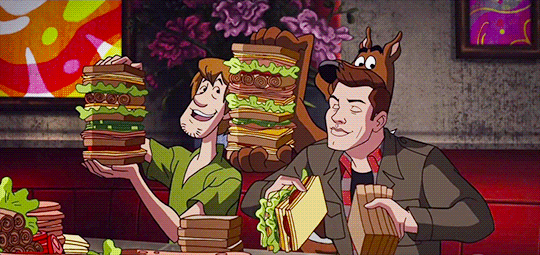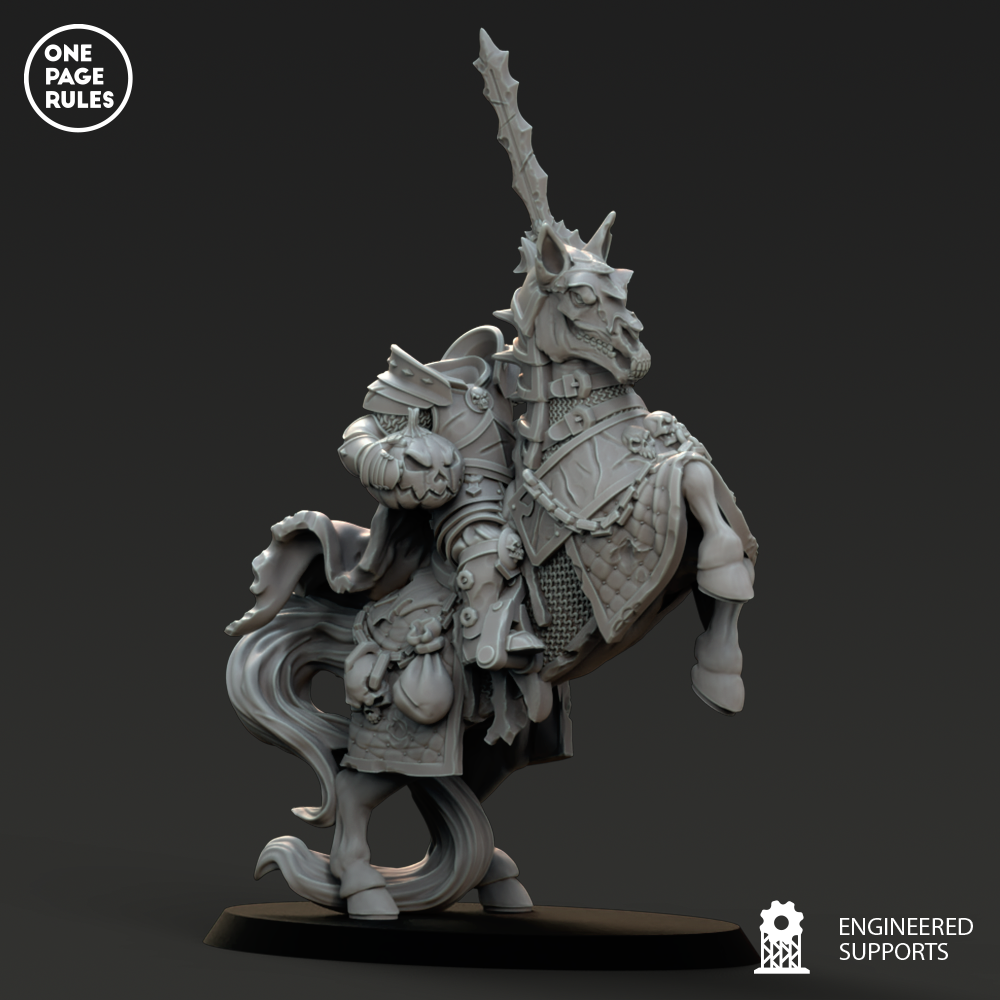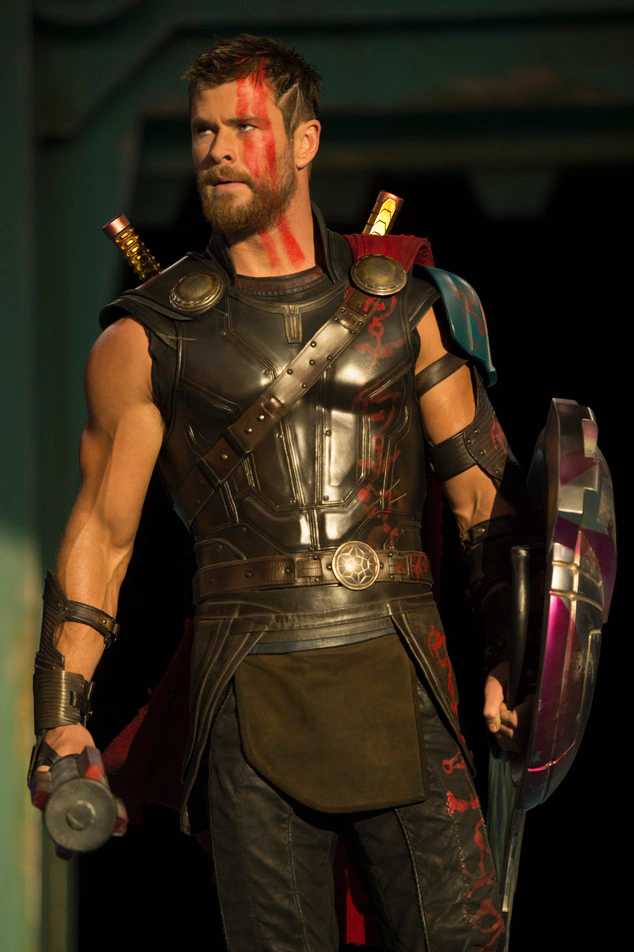This is one of those posts where I’ve sort of come up with a new way to look at something I’ve blathered on about before. A different way to think about things, if you will. And it kind of ties into a few different things I’ve talked about recently, which may be what sparked it in my mind.
Stick with me, okay.
A while back (a long while, really), I had a couple posts that talked about the whole “starting with action” thing. And as we broke it down, one of the issues that came up was that a lot of things are technically actions. Getting a drink from the kitchen. Doing laundry. Taking a shower. Sleeping. Breathing. Heck, sitting here at my desk typing this out is me performing actions.
But we understand none of these actions really count as the big Actions we mean when we’re talking about “starting with action.” I hope most of us do, anyway. I also hope we know better than to take “starting with action” too literally. I just linked to a couple of other posts about that, just in case.
Anyway…
One of the major things that separates these actions (and often conflicts) from more notable ones is consequences. Or, as we sometimes call them in the literary world, the stakes. What happens if I do (or don’t do) this thing. If I ask the cheerleader out, what happens? If I don’t enter the six numbers into the computer every two hours, what happens? If I make a sandwich for lunch because my beloved ate the last of the leftover pizza, what happens?

Now I can toss out these hypotheticals all day, and I’m sure any of you reading this could fill the comments with clever ways me not getting pizza for lunch is the worst thing ever. You’re a creative bunch. There’s probably a dozen possible ways we could come up with where not getting pizza could mean the end of my life—or the end of all life as we know it!
But we don’t want to talk about random potential stories. We want to talk about this story. This one right here. The one I wrote. Or you wrote. Or maybe the one we’re reading or watching.
So in broad terms, let’s talk about a few ways things could play out and the possible consequences we could be facing…
One— nothing happens. My character does (or doesn’t do) the thing and… that’s it. No fallout. No notable changes. We can’t even really tell the thing happened (or again, didn’t happen).
Y’know what, just for all our combined sanity, from here on I’m just going to say “do the thing” because you all understand that not doing the thing/ the thing not happening is also part of that decision/action process. You all get that right? Okay, cool.
If nothing happens or changes, then this particular choice or action probably isn’t really important within my story. Plot-wise or story-wise. And if it’s not important to my plot or my story, well…
Two–something happens, but it doesn’t effect me or anyone else in any way. It’s a “consequence” in the sense of cause and effect, but in a narrative/ plot/ story sense it’s still nothing. My character goes too fast while they’re trying to fix up the Surf Shop and gets paint on one of the windows! So they have to sponge it off! And then they keep going!
A while back I mentioned the idea of episodic storytelling structure, where every action or conflict gets resolved and puts us… right back where we were before. There’s no real evidence of forward motion or character development or.. anything. Really, this is the same thing as my last point, it’s just that I’m trying to make it look like something has happened in that breathing-counts-as-action way. There was a “consequence” from my actions, but effectively nothing’s happened.
Three – something happens, but it don’t effect me, or anyone else in a way that anyone could see as a negative. I have to ask the cheerleader out in front of her friends, but if she says no I get a million dollars and a date with a swimsuit model. Why? Who knows. Just how these things work sometimes. Our investigation did reveal toxic waste dumping all through our neighborhood, but somehow it acted like airborne chemotherapy and cured everyone’s cancer!
Yeah, I know, this all sounds silly. And I wouldn’t bring it up except I’ve seen it so many times. Someone’s forced to make a “tough choice” except every possible outcome is… well, a positive. It’s like if I’m disarming a bomb and if I cut the red wire it deactivates instantly but if I cut the blue wire it deactivates and tells me the mad bomber’s name. And, for some reason, a date with a different swimsuit model. So there are “consequences” and they do move the story along, but they only move it in one way. There’s no downside or risk to taking these actions. There’s no “or else…” Characters may try to act like one option’s a negative, but it’s clear to the reader that nothing bad’s happened.
Four – something happens, and it’s going to leave a mark. Physically. Emotionally. Maybe both. Yakko’s finally going to ask the cheerleader out and she’s either going to say yes or no. Or possible say no in a way that humiliates him in front of the entire school. Except, crap, this is during a game so there’s actually two schools here today. Maybe… maybe it’s not worth asking her? I mean, he’s only been pining after her since sixth grade. Or heck, maybe he was going to finally ask her out but that’s when the space ninjas attacked! Is he going after them or not? That teleportation arch isn’t going to stay open forever…
Weird how this fourth option is the only one that seems to have anything compelling about it…
I’ve talked once or thrice before about how making choices is how characters work their way through a plot. The decisions they make—or refuse to make—shape their story. But if there’s no pressure for my characters to make any of these choices, one way or another—no real consequences to face—we all sort of instinctively understand they’re just not that meaningful. They’re not going to make my characters rethink their strategies, conquer their fears, or change their priorities.
Y’see Timmy, we all understand that if the characters aren’t going to face any consequences for the choices they make—if there are no stakes—it doesn’t matter if they make those choices or not. Their decisions are irrelevant in the big scheme of things.

To be clear, I’m not saying every single thing a character does should have world-shaking ramifications, for them or the world. People need to eat sandwiches and take showers and, well, breathe. But I should be aware of which decisions do and don’t have real stakes, and give them the appropriate weight in my story.
Because if my characters aren’t making any relevant decisions in my story… well… there’s probably going to be consequences for that.
Next time, I’d like to talk about what we call that thing. No, the other thing. Yeah, that one.
Until then, go write.






